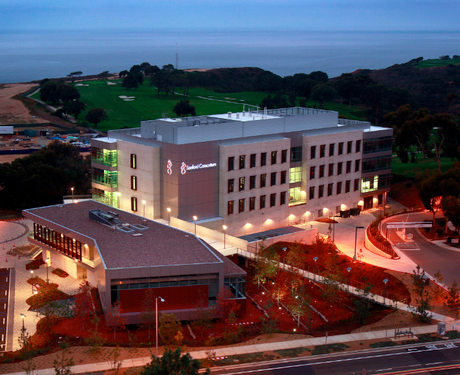Lab Overview
The Engler lab is focused on the mechanobiology of cardiovascular diseases, cancer, and aging. We develop microfabricated technologies and biomaterials to examine how how cell behavior is directed by the extracellular matrix (ECM), a 3-dimensional fibrillar scaffold to which cells adhere. In cases where this is more difficult, such as aging, we also use a host of model organisms like the fruit fly.
Classic investigations in the lab have established the field of mechanobiology, showing that the mechanical properties of ECM can drive stem cell maturation into neuron, muscle, and bone (Engler et al, Cell 2006). Current studies of this process involve determining what the spatial and temporal display of these ECM cues is in vivo and subsequently mimicking these changes in vitro using novel biological and biomaterial systems. By better recreating the natural microenvironment for these cells using increasing numbers of cellular cues, the lab hopes to improve our ability to regulate and more completely drive stem cell maturation into fully matured cell types. Current investigations also examine how biomaterials can be combined with novel genetic variations that contribute to disease to improve our ability to model “disease-in-a-dish.”
Our lab is a part of the Department of Bioengineering at the Jacobs School of Engineering. However our lab is physically located at the Sanford Consortium for Regenerative Medicine, an interdisciplinary stem cell-focused building immediately adjacent to UC San Diego, the Salk Institute, and the Scripps Research Institute. If you find yourself in San Diego, please check out our lab overlooking the Pacific Ocean.

Podcasts Highlighting Our Research
- Regenerative Crosstalk between Cardiac Cells and Macrophages (AJP-Heart and Circulatory Physiology Podcasts)
- Breast Cancer Extracellular Matrix Stiffening Promotes Malignancy (Gen. Eng'g & Biotech News)
- Study uncovers why heart attack triggers arrhythmia in some, explores potential treatment (Science Daily)
- Scientists cut main heart disease risk locus out of DNA by genome editing (Scripps)
- How to "stay young at heart" (Smithsonian Magazine)
- Importance of Biophysics in Breast Cancer Progression (Biophysical Society)
- Cell 'stickiness' could indicate cancer spread (BBC News)
- Creating Clinical Bioengineers (This Week@UCSD)
- Molecular cause of heart condition identified (Science Daily)
- Vinculin maintains cardiac function during aging (San Diego Union-Tribune)
- Breast Tumor Stiffness and Metastasis Risk Linked by Molecule’s Movement (UCSD)
- Matrix stiffness is an essential tool in stem cell differentiation (Eureka Alert)